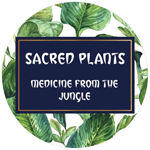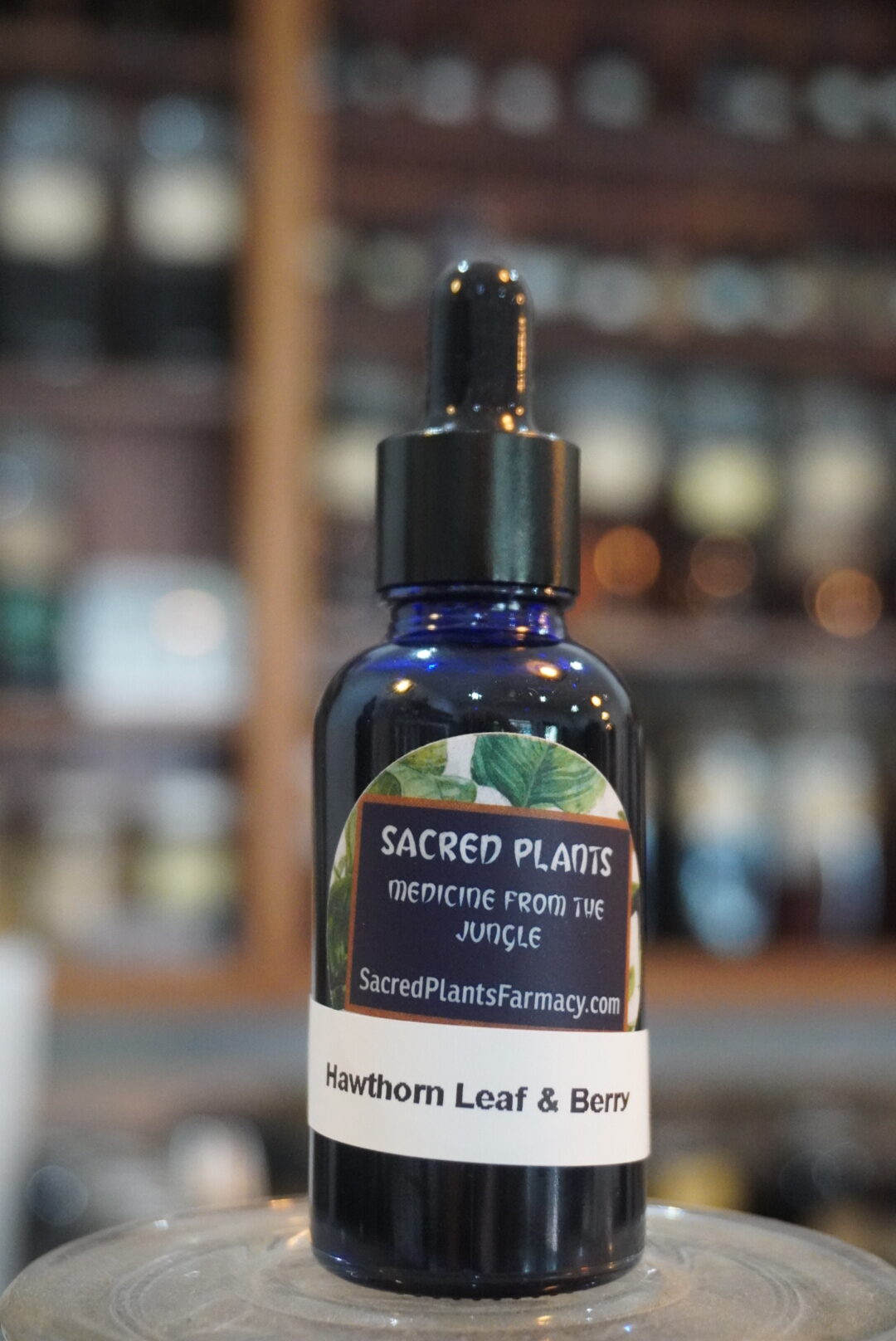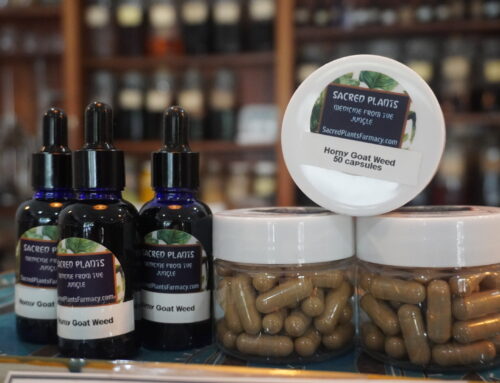Hawthorn is often called “the heart herb” for its various cardio-protective abilities. Prized for its ability to uplift and strengthen the heart both emotionally and physically, the hawthorn berry has been used for centuries as a natural remedy for all kinds of serious heart concerns. These include angina, high blood pressure, hardening of the arteries, irregular heartbeat and even congestive heart failure.
In fact, hawthorn has been used to treat heart disease all the way back to the first century! Fast forward to the early 1800s and doctors in the United States were using this medicinal herb for respiratory and circulatory health disorders as well. (1)
Hawthorn fruit, leaves and flowers are all used medicinally today. Hawthorn fruit comes in the form of little red berries. Native American tribes enjoyed eating them and they also used hawthorn to treat heart troubles, as well as gastrointestinal complaints. (2) Our tincture is made from both the leaves and the berries.
What makes hawthorn berries so medicinal? It appears to be their numerous flavonoids for starters. Flavonoids are potent antioxidants known to effectively decrease inflammation while boosting immune function. Eating a diet high in flavonoid-rich foods, beverages and herbs has been linked to prevention of cardiovascular and neurodegenerative diseases as well as cancer.
Chemical compounds and nutrients;
- Flavonoids, including hyperoside
- Quercetin
- Vitexin
- Rutin
- Pentacyclic triterpenes
- Acantolic acid
- Neotegolic acid
- Choline
- Acetylcholine
- Chlorogenic acid
- Caffeic acid
- Vitamin B1
- Vitamin B2
- Vitamin C
- Calcium
- Iron
- Phosphorus
How to use:
take 1/2 of the glass pipette under your tongue 2-3 times a day for 12 to 24 weeks. you may not see noticeable results until 3 to 12 weeks.
You should not take hawthorn if you are pregnant or breast-feeding. Do not give hawthorn products to children. Supplementing with hawthorn is recommended for short-term use by adults. If any symptoms get worse when taking hawthorn, you should discontinue use and seek emergency medical care.
For some users, hawthorn can cause nausea, upset stomach, fatigue, sweating, headache, dizziness, palpitations, nosebleeds, insomnia, agitation and other side effects.
While hawthorn is known for being excellent for the heart, it can interact with prescription medications taken for heart disease. Medications for other heart concerns, high blood pressure and male sexual dysfunction are also known to interact with hawthorn. Some specific medications known to possibly interact with hawthorn include digoxin, beta-blockers, calcium channel blockers (CCBs), nitrates, phenylephrine and phosphodiesterase-5 inhibitors. If you have heart disease or any other health condition or are currently taking medication(s), check with your doctor before taking a hawthorn berry product or any other hawthorn supplement. (19, 20)
The statements made within this website have not been evaluated by the Food and Drug Administration. These statements and the products of this company are not intended to diagnose, treat, cure or prevent any disease.






